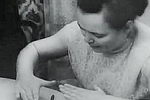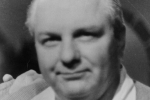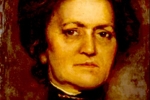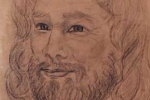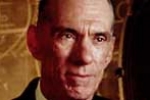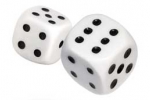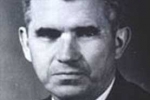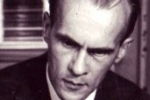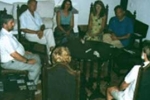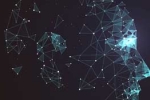Russian woman (1926–1990) whose apparent ability to move objects by psychokinesis was investigated by parapsychologists from the 1960s. Claims of fraud were never substantiated.
Psychokinesis
Self-proclaimed American psychic (1920–1987) who won notoriety by claiming macro-psychokinetic (PK) powers, including an ability to control the weather on a large scale, direct lightning strikes, and cause or predict accidents.
Nineteenth century Italian trance medium (1854–1918) who produced psychokinetic phenomena of striking strength, variety and reliability, attracting the interest of scientists throughout Europe.
Landmark 1970s experiment in which a Canadian group created psychokinetic phenomena while communicating with a ‘discarnate spirit’ whose identity, personality and memories they had made up.
The Princeton Engineering Anomalies Research (PEAR) laboratory was founded in 1979 by Robert Jahn and carried out ground-breaking research in psychokinesis (PK) and remote viewing for nearly three decades.
Overview of experimental research on mind-matter interaction, commonly referred to as psychokinesis (PK), from early dice-throwing studies to the use of random number generators, both in the lab and the field.
Explores the overlap between parapsychology and psychology, describing the personality and other psychological variables that researchers have uncovered in relation to psychic phenomena.
German-born US-based parapsychologist (1928-2011) who pioneered the use of random event generators in psychokinesis research, often achieving highly significant scoring rates in his experiments.
Norfolk-based group that held séances during the 1990s, claiming to have communicated with spirits and to have observed paranormal phenomena of various kinds.
The super-psi hypothesis is the claim that psychic functioning is more extensive than the evidence would suggest, and that it might play a pervasive role in everyday affairs.


